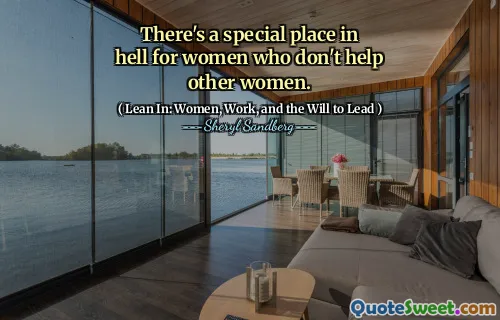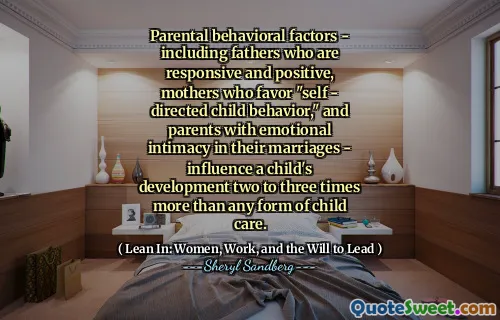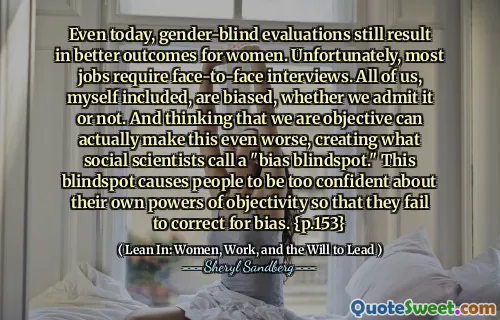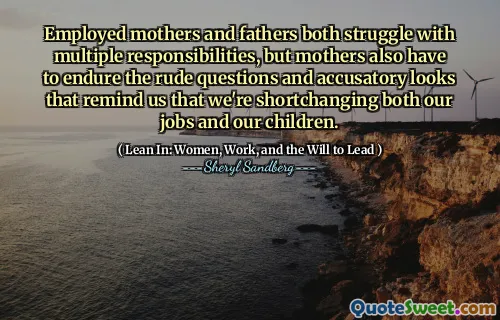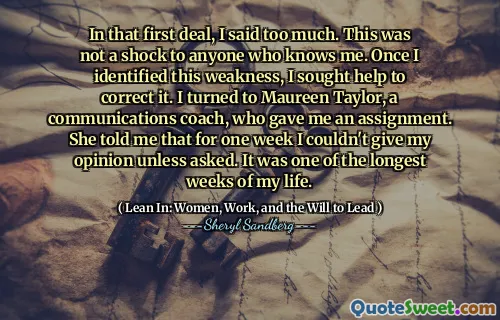
Even today, gender-blind evaluations still result in better outcomes for women. Unfortunately, most jobs require face-to-face interviews. All of us, myself included, are biased, whether we admit it or not. And thinking that we are objective can actually make this even worse, creating what social scientists call a "bias blindspot." This blindspot causes people to be too confident about their own powers of objectivity so that they fail to correct for bias. {p.153}
This excerpt from Sheryl Sandberg's Lean In highlights a persistent issue in our professional and social lives: unconscious bias and its impact on gender equality in the workplace. Although gender-blind assessments appear to foster fairer decision-making that benefits women, the common necessity of face-to-face interviews introduces subjective elements that often perpetuate bias. The concept of a 'bias blindspot' is particularly thought-provoking. It reminds us that believing in our own objectivity can ironically worsen our judgment, as we may fail to recognize or amend our internal prejudices.
Recognizing this blindspot is crucial for both individuals and organizations aiming to promote diversity and equality. It calls for a deeper self-awareness and intentional strategies to mitigate bias, such as structured interviewing processes, bias training, and transparency in evaluation criteria. This idea challenges the notion of perfect impartiality and encourages humility about our cognitive limitations. In addition, it underscores the importance of fostering environments where reflections on bias are normalized rather than ignored or denied.
Ultimately, Sandberg’s analysis pushes us to reflect critically on our own behaviors and the systems in which we operate. It advocates for conscious efforts to create fairer opportunities, particularly for women, while exposing some common psychological barriers to achieving this fairness. This passage serves as both a caution and a call to action for anyone concerned with justice and equality in professional settings.
